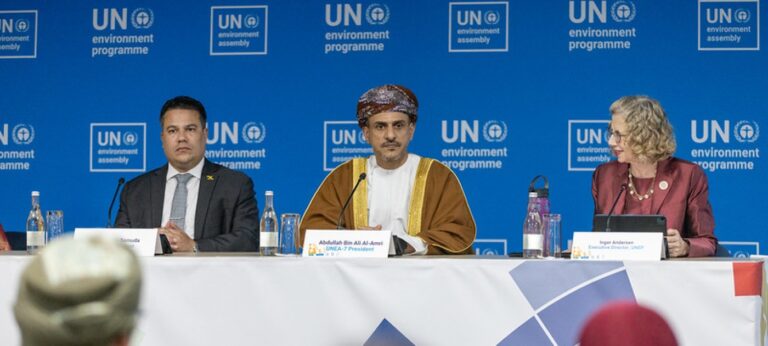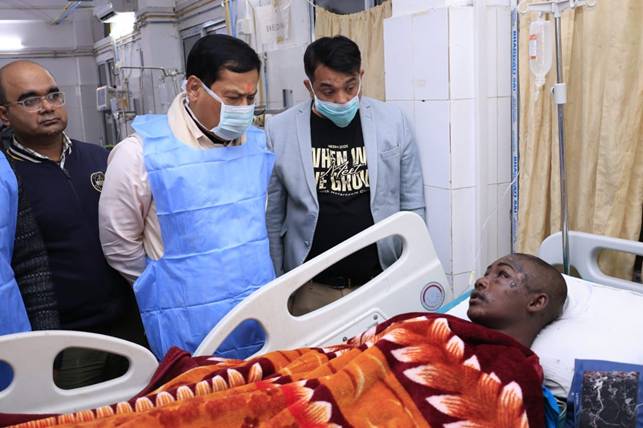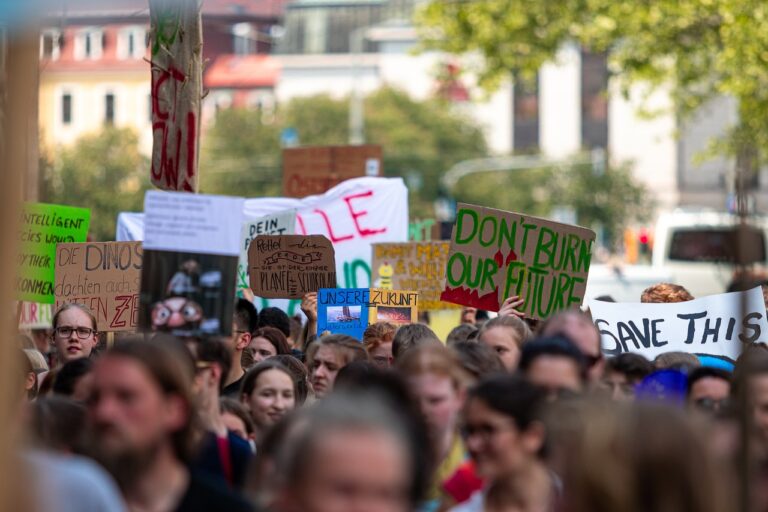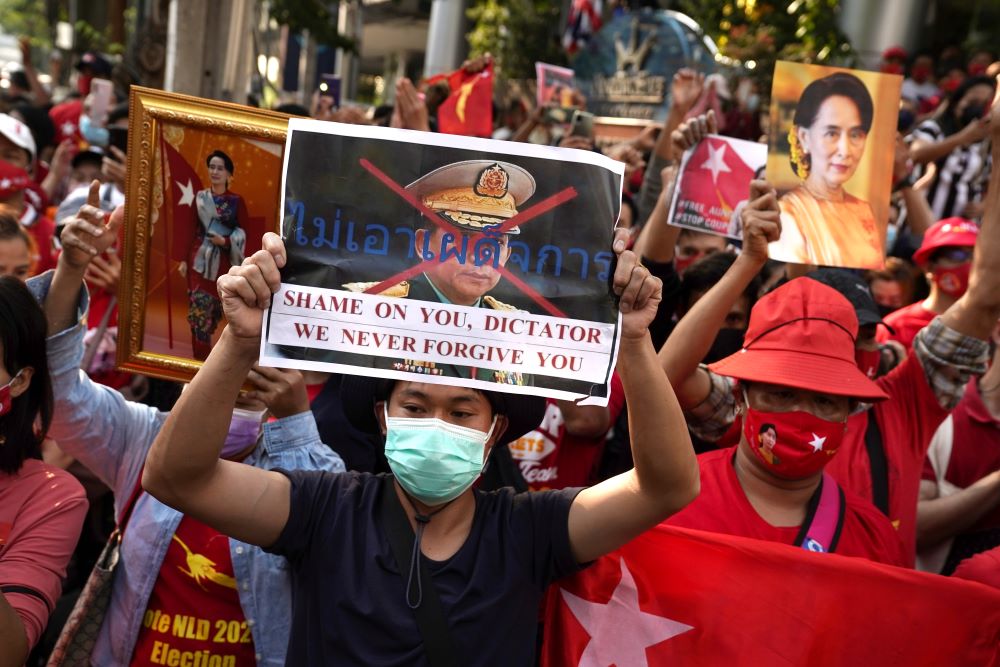
 By Nava Thakuria*
By Nava Thakuria*
A large section of people in Myanmar (known as Burma and Brahmadesh) observed a silent protest across the south-east Asian nation on February 1, 2023, marking two years of the military coup and subsequent public resistance movement against the military junta.
A large section of people in Thailand, the Philippines, Korea, and Japan, too organized protest demonstrations on February 1, 2023, showing solidarity with the resilient people of Myanmar. Many nations like Australia, Canada, the UK, and the USA, imposed heavy sanctions against the junta, but neighbours China, Thailand, Bangladesh and India remain undecisive over it as their respective governments have geopolitical and economic interests in Myanmar. Nonetheless, the junta still can rely on the supply of arms from Russia and China.
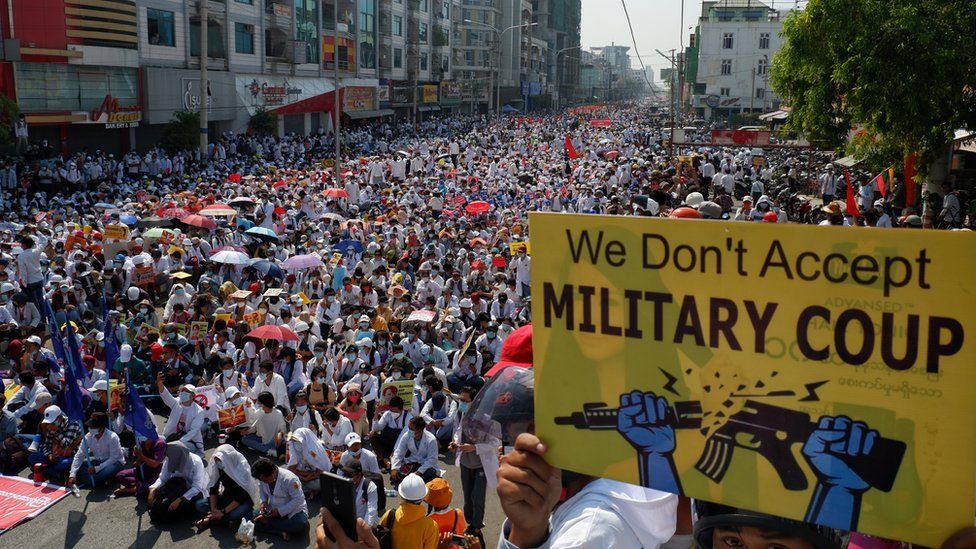
Lately, the junta has imposed martial law in townships of Sagaing, Magwe, and Tanintharyi along with Yangon and Bago regions as well as Karen, Karenni, Mon and Chin States. Most of these localities are still under the control of resistance forces. The imposition of martial law may pave the way for military personnel to continue targeting members of revolutionary forces and also civilians in more brutal ways. Needless to say, the junta has used airstrikes on a number of villages to teach the agitating residents a lesson.
Recently the foreign ministers of south-east Asia, while meeting in Jakarta, Indonesia, urged the military rulers of Myanmar to reduce violence and allow unhindered delivery of humanitarian aid to pave the way for a national dialogue aimed at ending the country’s worsening crisis. The meeting under the initiatives of the Association of Southeast Asian Nations even avoided inviting the Myanmar foreign minister, even though it’s an ASEAN member, as the military regime failed to fulfil many promises made to the forum.
The international media (if not the government-controlled newspaper and news channels) reflected the deserted urban and rural areas of Myanmar highlighting the continued opposition to the Min Aung Hlaing military brigade.
“Commemorating the two-year anniversary of the people’s resistance against the illegal failed coup, cities and towns nationwide participated in the silent strike. Many roads and streets were deserted including in Yangon, Mandalay, Monywa, Dawei, and others despite being threatened by the junta. The shops and street vendors in Yangon were ordered by the junta-controlled municipalities to open on 1 February, but they did not obey it even though their licenses may be revoked,” said a civil rights activist.
Speaking to this writer from Yangon (formerly Rangoon), the activist, who wanted anonymity also added that the military rulers have lately extended the state of emergency for another six months (till July 2023). It shows the failure and desperation of Min Aung Hlaing and his armed forces (popularly known as Tatmadaw) while taking full control of the poverty-stricken country of a 55 million population. They are facing armed opposition from People’s Defence Forces, Ethnic Revolutionary Organizations and others in various localities, added the activist.
Since February 1, 2021, at least 2,940 civilians have been killed by the Burmese authorities and 17,572 arrested among whom 13,763 are still behind the bars. Over a hundred media personnel were also detained by the Min Aung Hlaing-led military council and more than 25 are still inside various jails of the country of Pagodas. Nobel laureate Aung San Suu Kyi, who leads the National League for Democracy, has been imprisoned for over 30 years by the military-controlled courts following motivated allegations raised by the dictators.
*Senior journalist


